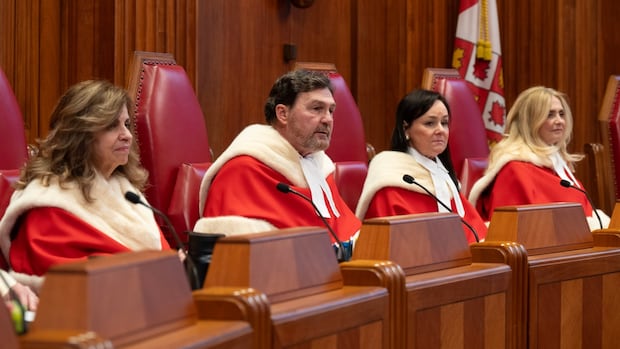Federal judges deserve $28K-$36K salary hike, panel rules

An independent body is urging the Canadian government to consider raising the salaries of federal judges by $28,000 to $36,000 annually to attract top legal talent to the bench. The Compensation and Benefits Commission, responsible for setting the salaries of federal judges, has deemed the current compensation inadequate and necessary for attracting exceptional candidates.
The proposed salary adjustments would see the base salary of federal judges increase from $396,700 to $424,700, with chief justices’ salaries rising from $435,000 to $465,700. At the Supreme Court, the chief justice’s salary could reach $546,000, while other justices would receive a $33,000 raise for an annual salary of $505,700.
While the federal government has expressed concerns about the timing of such salary increases due to economic uncertainties, the commission argues that failing to adjust salaries could deter top legal professionals from pursuing judicial appointments. The government has proposed capping annual salary increases at 14% and emphasizes the non-monetary incentives of serving on the judiciary.
In response to the commission’s recommendations, the government has committed to carefully reviewing the findings before making a decision. However, former Quebec Court of Appeal judge Pierre Dalphond cautioned that ignoring the commission’s report could lead to legal challenges from judges.
The Canadian Judicial Council and the Canadian Superior Courts Judges Association have highlighted a significant salary gap between judges and private-sector lawyers, which they believe hinders recruitment efforts. They argue that financial security is crucial for judicial independence and that competitive salaries are essential to attracting top legal talent to the bench.
The Canadian Bar Association has stressed the importance of the government endorsing the commission’s recommendations to maintain the integrity of the judicial compensation process and uphold judicial independence. Osgoode Hall Law School’s dean, Trevor Farrow, emphasized the need for a non-political approach to setting judges’ salaries to safeguard the rule of law.
Moving forward, Dalphond suggested exploring regional variations in judges’ base salaries to address recruitment challenges in different cities. By considering adjustments based on local realities, the judiciary could attract and retain top legal professionals across the country.
In conclusion, the debate over federal judges’ salaries underscores the importance of fair compensation to ensure the recruitment of exceptional candidates to the bench. Balancing economic considerations with the need for competitive salaries is crucial to upholding judicial independence and maintaining the integrity of the Canadian judiciary.




